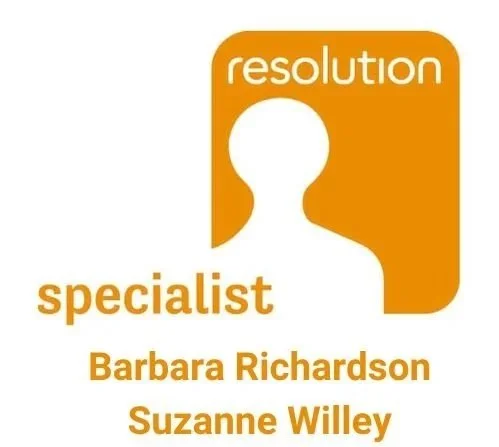If you are considering purchasing a residential property at auction, this is very different to the more conventional method of buying a house via an estate agent, not least when it comes to the timescales and potential risks involved. Still, in the current economic climate, securing a property at a potentially discounted price is something regular homebuyers, as well as property investors, are becoming more and more interested in.
Below we have set out three frequently asked questions to help you make an informed decision as to whether buying a residential property at auction could be right for you.
What are the timescales involved when buying at auction?
As the entire process is designed to be extremely quick, finances already need to be in place before you bid. This is because you will usually be required to put down a 10% deposit on the day, where contracts are treated as exchanged as soon as the hammer goes down.
You will then usually have between 14 days to 6 weeks to pay the remaining balance of the purchase price. If you fail to complete by the contractual completion date, very often just 20 working days from the date of the auction, this can mean that you will lose the deposit monies paid, along with the property. You will also be in breach of contract.
What are the risks involved when buying a property at auction?
In addition to ensuring that you can pay the purchase price within a short period of time, there are various other risks involved when buying a property at auction. This is because it is not uncommon for auction bidders to overlook important legal issues that could impact the value of the property or undermine any potential plans that they may have for it.
It is therefore important to have a solicitor look over the property legal pack on your behalf prior to bidding. This should be available from the auction house, typically to download, and will include things like a copy of the property’s title, the results of land registry and local searches, and any special conditions attached to the sale, such as clauses that prevent development or certain types of use. It should also include information about any planning permission granted in relation to the property, any leases or tenancy agreements that may be in place, and information about the property’s fixtures and fittings.
Importantly, once the hammer falls on your winning bid, you are legally committed to buy the property and cannot back out if you subsequently discover any problems.
Do I need to pay for a survey before I bid on a house at auction?
The responsibility for checking that the property matches its auction catalogue description lies with the buyer. This means that you will need to view the property and, if you would like to know the condition of the property, get a survey done before the auction takes place.
Paying for a survey on a property that you are not sure you will successfully secure can seem like a costly risk, but the risks associated with not getting a survey done, and possibly buying a property with serious structural issues, means that this is strongly advised.
Needless to say, these ‘Buying at auction FAQ’s’ answer only a few of the possible questions that potential bidders may have. If you are looking to purchase a property at auction, it is always best to first seek expert advice, tailored to your specific circumstances and needs.
Legal disclaimer
The matters contained herein are intended to be for general information purposes only. This blog does not constitute legal advice, nor is it a complete or authoritative statement of the law in England and Wales and should not be treated as such. Whilst every effort is made to ensure that the information is correct, no warranty, either express or implied, is given as to its’ accuracy, and no liability is accepted for any errors or omissions. Before acting on any of the information contained herein, expert advice should be sought.










